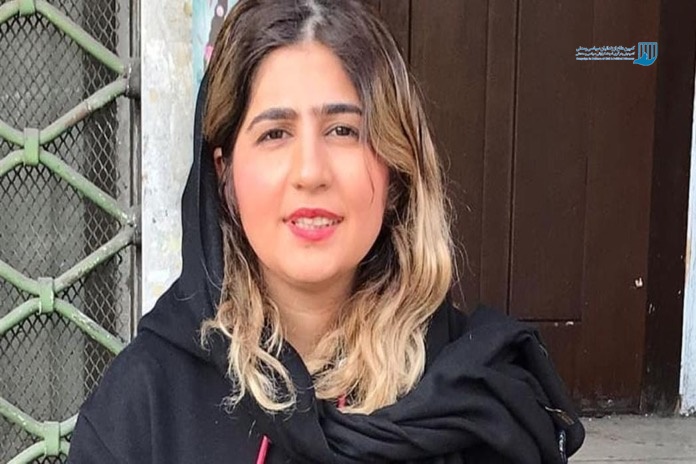Sepideh Qoliyan, who is imprisoned for her civic activities in support of the workers, wrote a letter in January 2022, on her biography and number of other women prisoners, which has now reached the campaign.
According to the Campaign for the Defense of Political and Civil Prisoners, Sepideh Qoliyan was sentenced to five years in prison in connection with the Haft Tappeh protests. In March of 2021, Ms. Qoliyan was deported to Bushehr Prison, where she later wrote and published a report entitled “A Place Near the End of the World” about that prison. In this report she addressed issues such as the “temporary concubine of some needy women by male prisoners in coordination with the prison warden.”
Ms. Qoliyan, who is currently in Evin Prison, in her new letter, apologized for the “deceitful camera of the Prisons Organization”, described her situation and a number of other women prisoners, and asked people to Let the names of these women be spread by word of mouth.
The full text of Sepideh Qoliyan’s letter from the women’s ward of Evin Prison is as follows:
Before speaking:
The torture, the court’s corridors, the solitary confinement, and the long journeys of deportation from one prisoner to another are a summary of my life in recent years. The most painful moments of these years, however, are the ones that caused the despair of my loved ones and compatriots. Bushehr’s suffering was pure truth and I could not see and live in this suffering without talking about it in any way; sometime negotiating with the prison guard and sometime publishing a report on the situation of “women” in Bushehr Central Prison.
But I apologize that in this way, due to the extra pressure on my fellow prisoners in Bushehr prison, I give in to the deceptive camera of the prisons organization and became a cause of disappointment. I hope that the tragic situation of Bushehr prison will never affect any human being.
“A Place Near the End of the World”; Bushehr Prison According to Sepideh Qoliyan
The body of a deportee is split and now from Tehran to Ahvaz and Bushehr, fragments of my existence are left.
In Sepidar, I saw an Arab woman whose officers had killed her young son and denied her the right to attend the mourning ceremony. Now I only remember her cry: “God, you are not our God!” A cry forgotten in the Sepidar, and it can be heard from anyone else.


